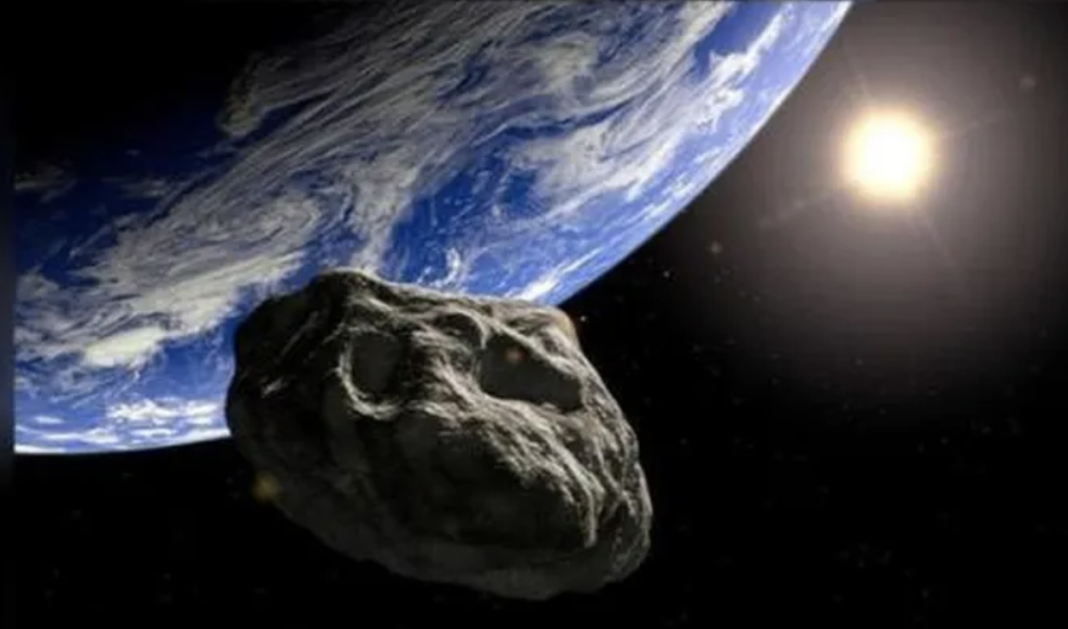BEVERLY HILLS—Nick Walker, a 17-year-old Beverly Hills High School senior tracked down an asteroid near Earth.
Walker told Patch News by detecting them early, it is possible to change their path and divert them thus preventing disasters. “We already have the technologies to deflect them.”
“There are missions headed by the [NASA Jet Propulsion Laboratory] and NASA to deflect an asteroid, and I think there are two ways to do this,” said Walker.
“One would be launching a probe to the asteroid, and because these asteroids orbit around the sun like planets do, we may have the time to intercept it.”
He added it can be broken into smaller pieces to reduce its size, “so it’s not as big of a hazard,” or push it out of its orbit using a rocket booster to prevent a hazard to humanity.
The Summer Science Program that Walker took with 35 other students over summer taught him a lot about asteroids through research they conducted. The program is a joint venture between New Mexico Tech, University of Colorado Boulder, Purdue University, and Indiana University.
Walker who aspires to study computational astrophysics at MIT, worked remotely in the program with a team of two other students to study the 1988-DZ4 asteroid.
With the physics and calculus knowledge that he gained at Beverly Hills High School, Walker and his team spent up to 18 hours a day taking photos of the asteroid, determining its exact location in the universe, and learning all about the properties of its orbit.
“Once we have those coordinates, which are referred to as celestial coordinates, we can run a bunch of those different combinations through a Python code program that all the students developed with the help of professors, and then we run it through the simulation and we determine properties of the orbit of the asteroid: how big it is, how long it takes for the asteroid to orbit around the sun,” said Walker.
He noted presenting such research to Harvard University’s Minor Planet Center which designates and studies the minor planets, comets, and natural satellites of the solar system was one of the proudest moments.
“The important thing about it is all of the data we submit…helps make the projection of the asteroid’s orbit much more accurate,” said Walker. “Following asteroids and calculating the positions is important because we don’t want them crashing into us.”
Canyon News reached out to Walker, but did not hear back before print.






